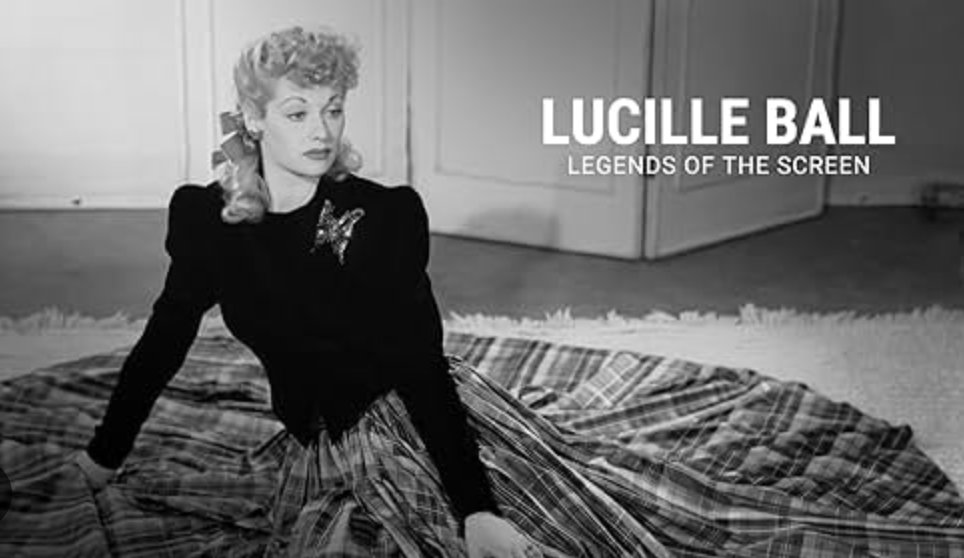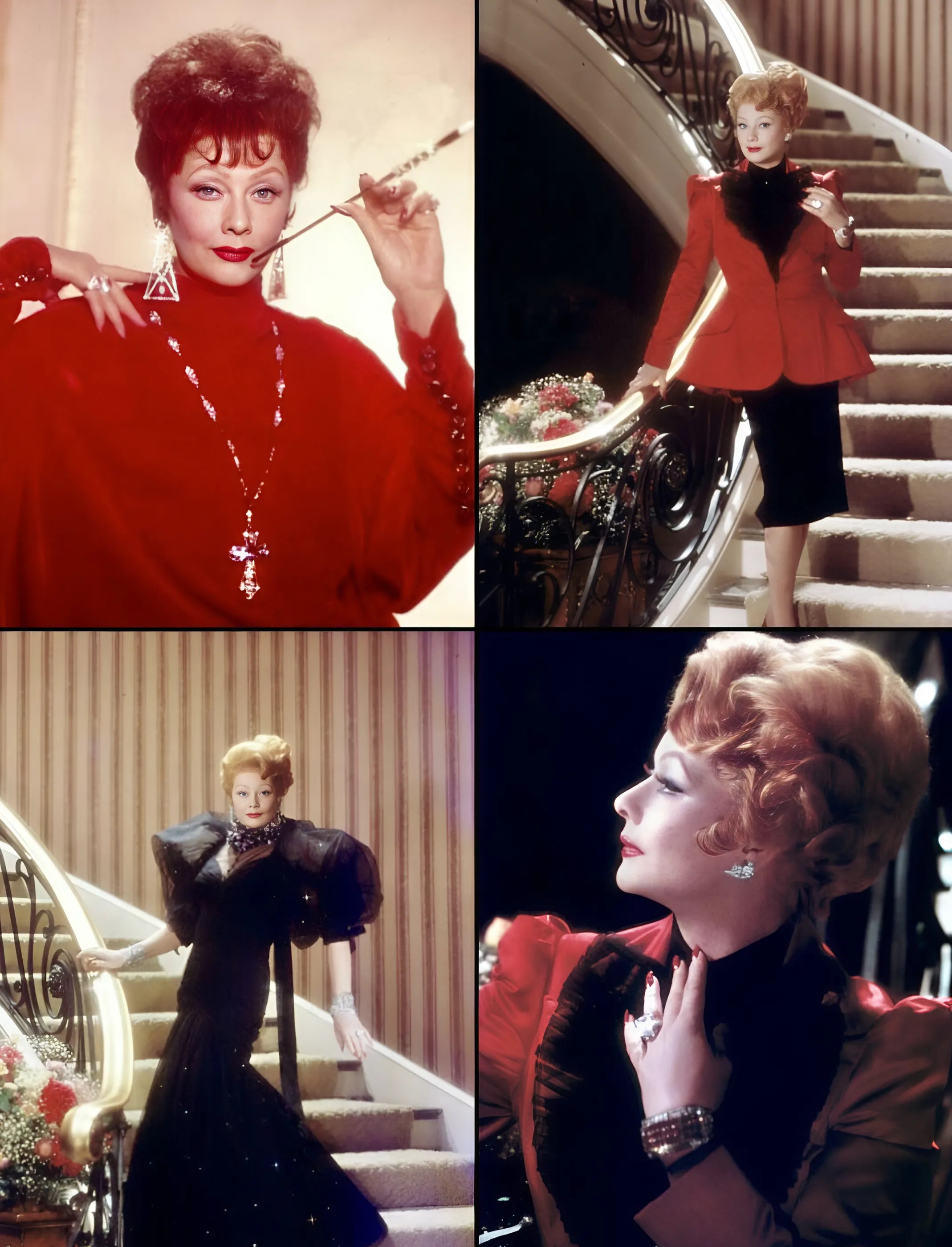
It’s more than just a legendary sitcom. After one particular episode of I Love Lucy, a prominent political figure reportedly confessed that the show had “changed his perspective on the role of women in society.” Lucille Ball wasn’t just making America laugh; she was subtly reshaping the nation’s thinking.
Lucy: An Unlikely Catalyst for Social Change in the 1950s
The 1950s in America were a time of significant social conservatism, with clearly defined roles for men and women. Women were largely expected to be homemakers, their ambitions confined to the domestic sphere. Yet, week after week, Lucille Ball’s portrayal of Lucy Ricardo chipped away at these rigid expectations with her endearing ambition, her hilarious schemes, and her undeniable intelligence, even amidst the chaos she often created.
While I Love Lucy was first and foremost a comedy, its impact seeped into the cultural consciousness in ways few could have predicted. Lucy wasn’t a stereotypical docile housewife. She yearned for more, she pursued her dreams (however outlandish), and she often found herself in situations that challenged the conventional image of a woman in that era.
The Anecdote: A Powerful Shift in Perspective
The specific politician and the exact episode remain somewhat elusive in documented history, often passed down as a remarkable anecdote highlighting the show’s unexpected influence. However, the essence of the story speaks volumes: a figure of authority, presumably holding traditional views on women’s roles, was moved by Lucy’s character to reconsider those perspectives.
Perhaps it was Lucy’s determination to enter Ricky’s world of entertainment, her cleverness in navigating tricky situations, or simply the undeniable humanity and humor she brought to her desires that resonated with this individual. Regardless of the specific trigger, the fact that a fictional character could prompt such a profound shift in a powerful person’s worldview underscores the potent influence of popular culture.
Beyond the Laugh Track: Lucy’s Enduring Impact
Lucille Ball’s impact extended far beyond a single anecdote. As the star of one of the most beloved and groundbreaking television shows of all time, she subtly paved the way for a broader understanding of women’s capabilities and aspirations.
- Challenging Gender Norms: Lucy’s constant pursuit of her dreams, even if they led to comical mishaps, presented a woman who was more than just a wife. She was ambitious, curious, and determined, qualities not always readily associated with women on television at the time.
- A Powerful Woman Behind the Scenes: Beyond her on-screen persona, Lucille Ball was a formidable businesswoman. As the co-founder of Desilu Productions, she became the first woman to head a major Hollywood studio, shattering glass ceilings in the industry itself. Her success behind the camera further challenged societal norms about women’s roles in the workplace.
- Normalizing the “Imperfect” Woman: Lucy wasn’t always graceful or demure. She was often clumsy, mischievous, and endearingly flawed. This portrayal offered a refreshing departure from the idealized images of women often presented in media, making her relatable and human to a vast audience.

While direct quotes from the aforementioned politician might be scarce, the enduring legacy of I Love Lucy and Lucille Ball’s powerful portrayal of a multifaceted woman speaks for itself. She didn’t just entertain; she subtly nudged the boundaries of societal expectations, one hilarious episode at a time, proving that laughter could indeed spark profound changes in how a nation viewed itself.
